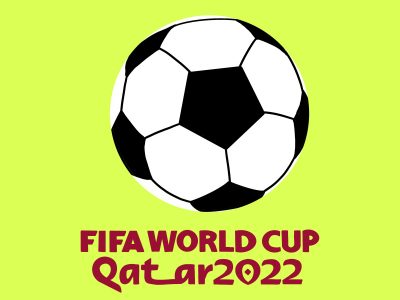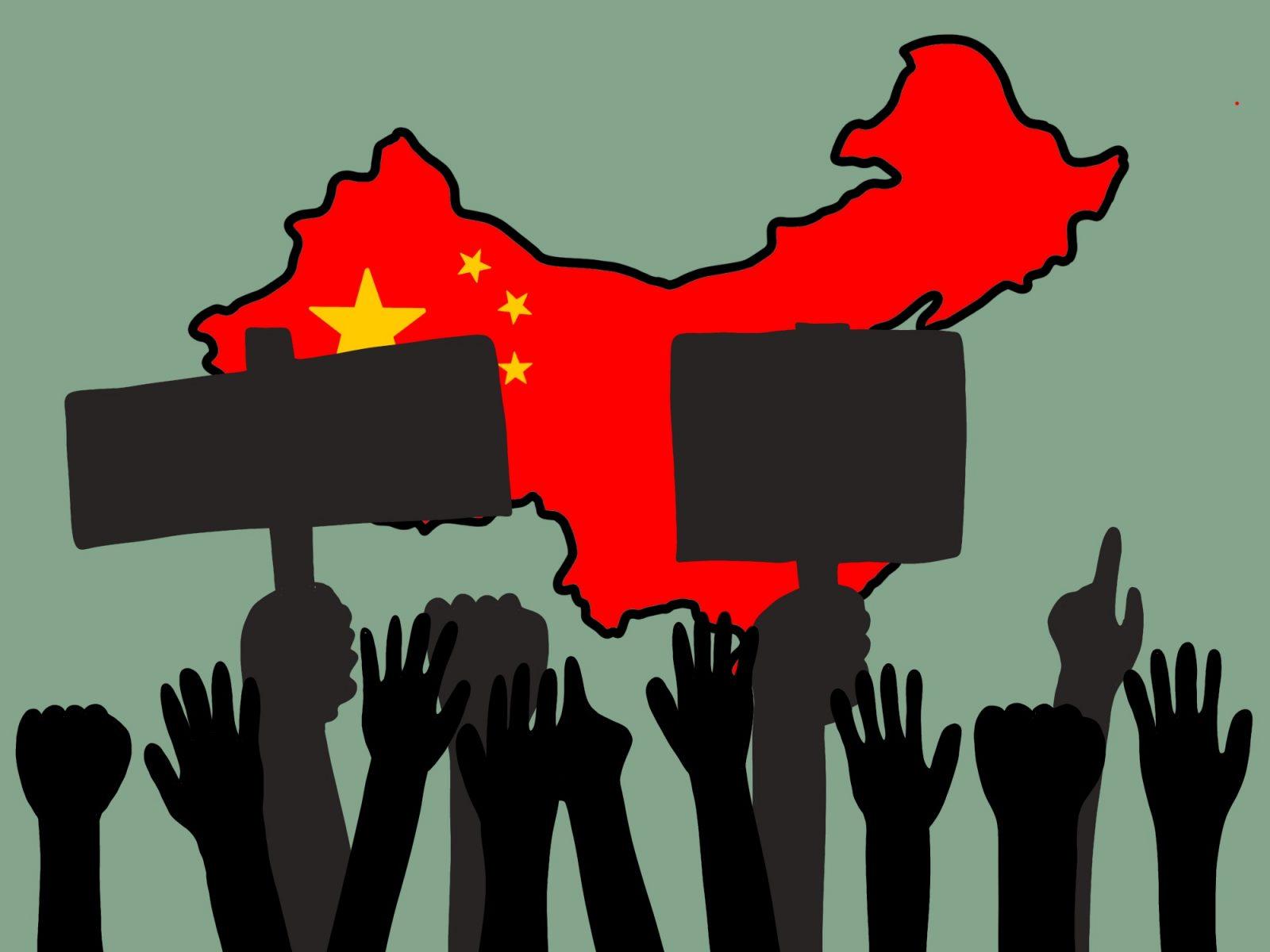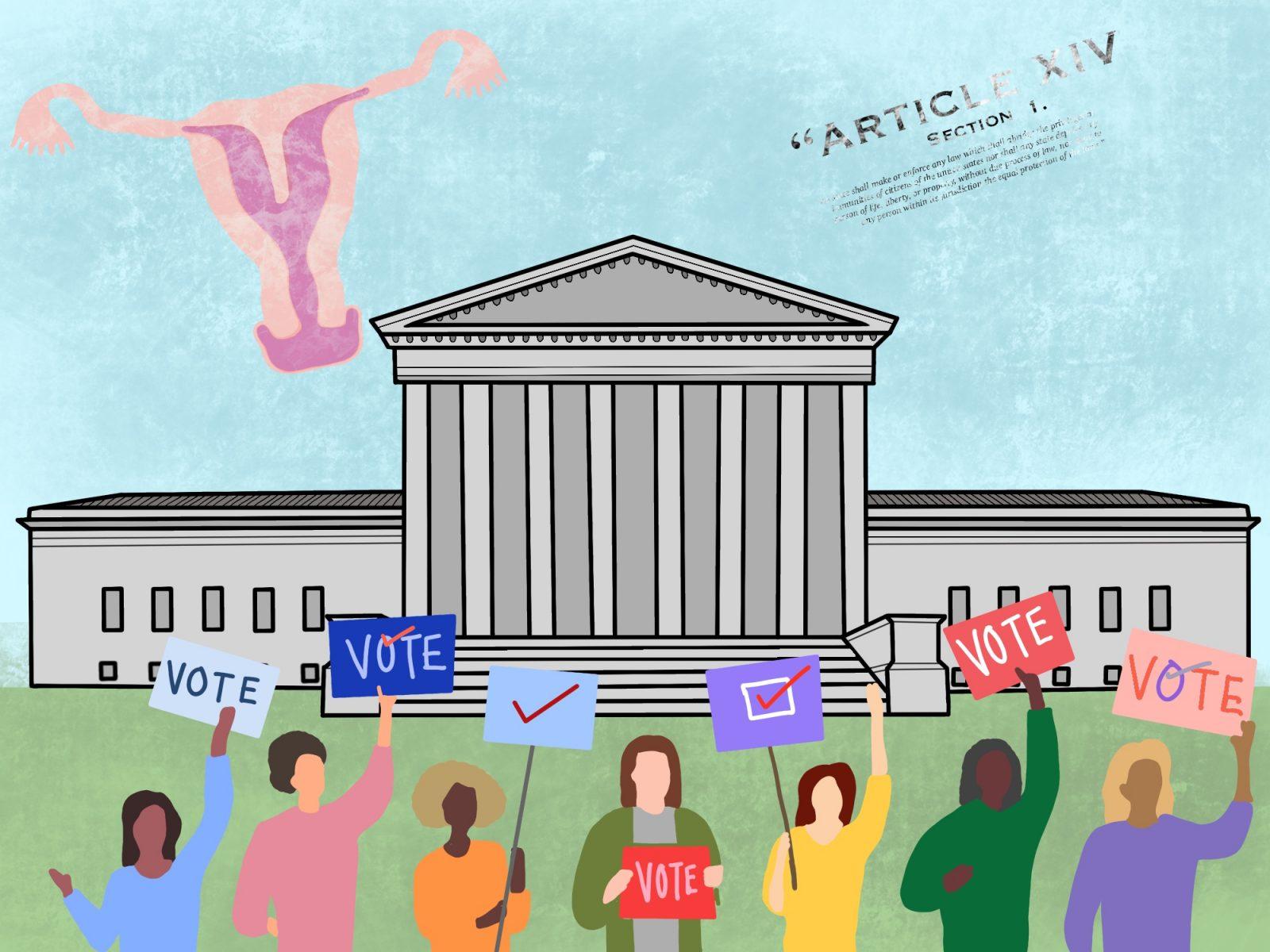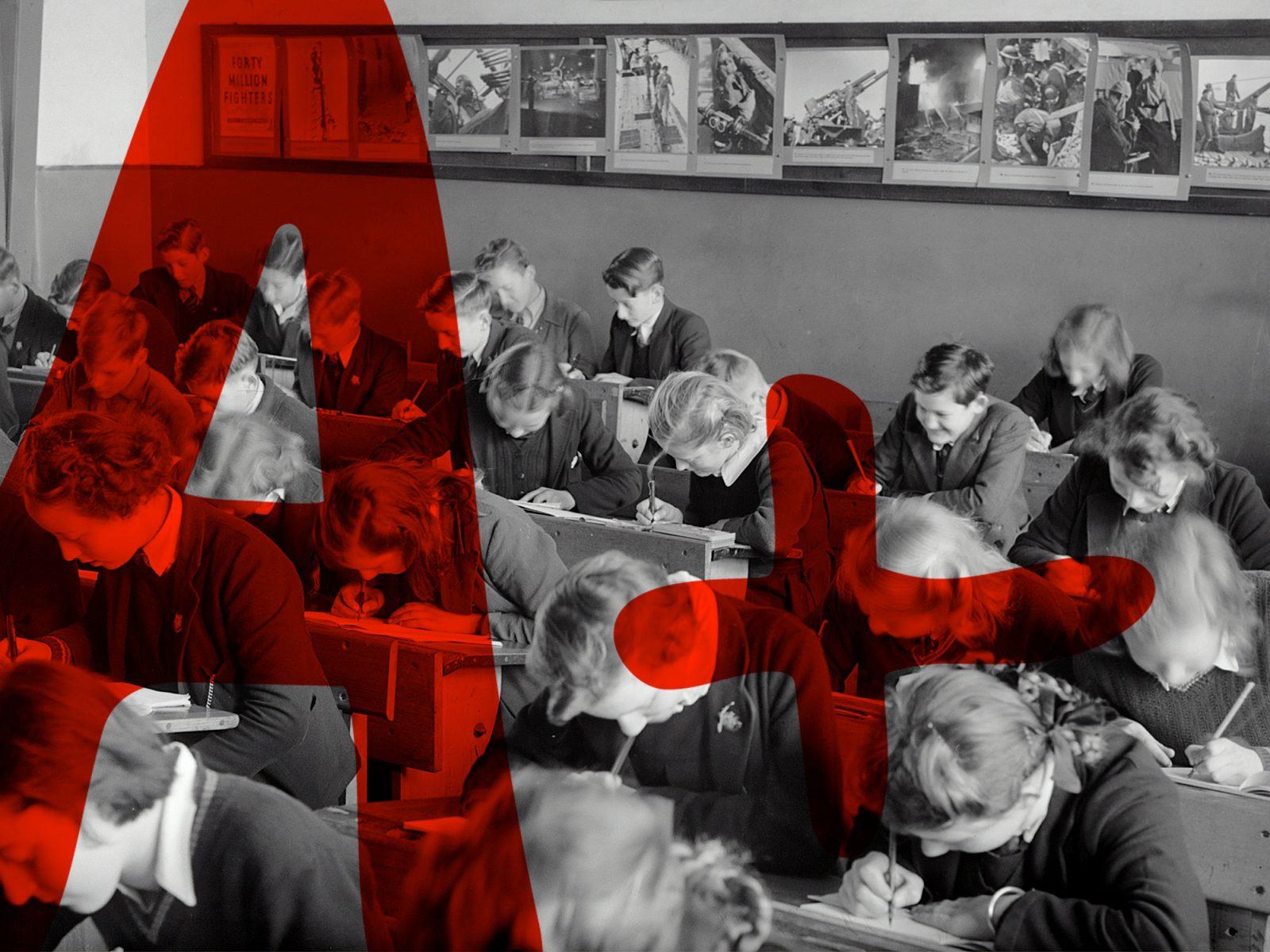The FIFA World Cup will be drawing the attention of billions of viewers from around the world later this month. It’s a sporting spectacle unlike any other, whose beauty and universal appeal have brought entire nations to standstill, turned athletes into national heroes overnight and produced some of the most passionate displays from fans seen in the sporting world.
It also has drawn an absolutely unparalleled stream of revenue and media attention. Because of this, hosting the World Cup, and tournaments like it, have been an enticing prospect for repressive regimes around the world, hoping to clean up their international image.
This is a phenomenon known as “sportswashing” in which individuals/countries use the sponsoring of popular sports teams or events, to distract from the more unsavory aspects of their reputations.
Sportswashing isn’t a new phenomenon, and certainly not for professional soccer. Many corporate sponsors of some of the biggest professional clubs, aside from having the unfair advantage of big money in competitive sport, also have garnered controversy for their less than stellar moral track records.
It’s a reality of the modern sport that fans have either uncomfortably reconciled with or largely ignored for the sake of their match day experience.
But, what happens when the very stadiums fans are sitting in have been built off of what some human rights watch groups have called modern slavery?

Many eyebrows were raised when Qatar first received their bid to host the World Cup in 2010.
For a country smaller than Connecticut, to build not only seven new state-of-the-art stadiums, but also dozens of other infrastructure projects to handle all the international fans, seemed short of an impossible task.
It came to little surprise then, when shortly after construction began, reports of rampant worker abuse followed.
Due to the sheer scale of the project, Qatar relied heavily on migrant laborers, mostly from South Asia, who were co-opted into their exploitative “kafala,” or sponsorship program — essentially a legalized version of forced labor.
The kafala system, established in 2009, gave employers immense power over migrant workers, requiring workers to get permission from their corporate sponsors before changing jobs or leaving the country.
This legal framework created an environment that permitted all forms of exploitation, with reports of employers regularly confiscating passports, requiring exorbitant “recruitment fees” and withholding wages for months.
Troubling first hand accounts from interviews documenting squalid living conditions as well as employers largely ignoring the health risk of heat stroke from overwork, prompted a United Nations vote for a formal investigation into Qatar’s labor practices.
Though Qatar made some reforms, like abolishing kafala and making a formal commitment to bettering working conditions for migrants, many human rights watch groups doubt the efficacy of these attempts.
The damage from Qatar’s abuse has already been immense, with the decade-long construction project claiming a reported 6,500 deaths.
The truth is, Qatar should never have gotten the bid to host the 2022 World Cup. Yet, with the massive construction project having already been completed, with only a couple weeks until the start of the tournament, it seems to many fans that the window to effectively boycott Qatar has passed.
Though that may be true, it doesn’t mean we should just ignore the host’s human rights violations and carry on with enjoying the sport, which is a sentiment that has been gaining momentum in the months leading up to the tournament.
Human rights watch groups like Amnesty International, have already called on FIFA and Qatar to compensate the families of the migrant workers who died on the construction project — with other governing bodies of the sport, such as the English Football Association, following suit on a campaign under the hashtag #PayUpFIFA.
Athletes too, have been bringing the issue of human rights to the foreground, with the German national team recently wearing letters spelling “human rights” in a World Cup qualification match.
A more cynical onlooker may dismiss these as purely performative gestures. Though it’s true that shirts and slogans aren’t going to save the world, holding this view largely ignores how crucial media pressure is to Qatar’s World Cup plans.
The Qatari regime is hoping to use the tournament, and all the good press associated with it, to airbrush their human rights record from the shiny, luxurious, cosmopolitan image they want to project to the rest of the world. Putting a spotlight on Qatar’s human rights record could severely complicate that plan.
Essentially, there is still plenty of room for Qatar’s ambitious World Cup bid to backfire. If the pressure is high enough, it could not only force Qatar and FIFA to make face-saving reforms and reparations, but could also make the next repressive regime think twice about using a major sports tournament as a means to boost their public image.




























































































































